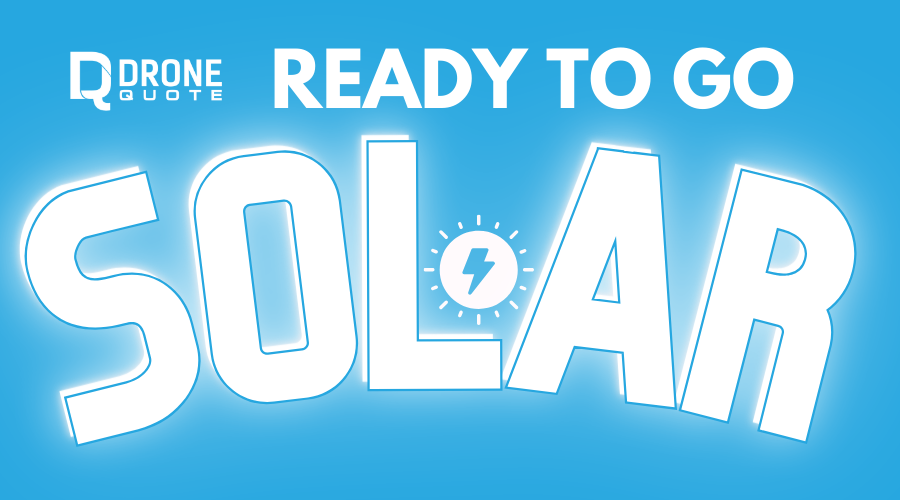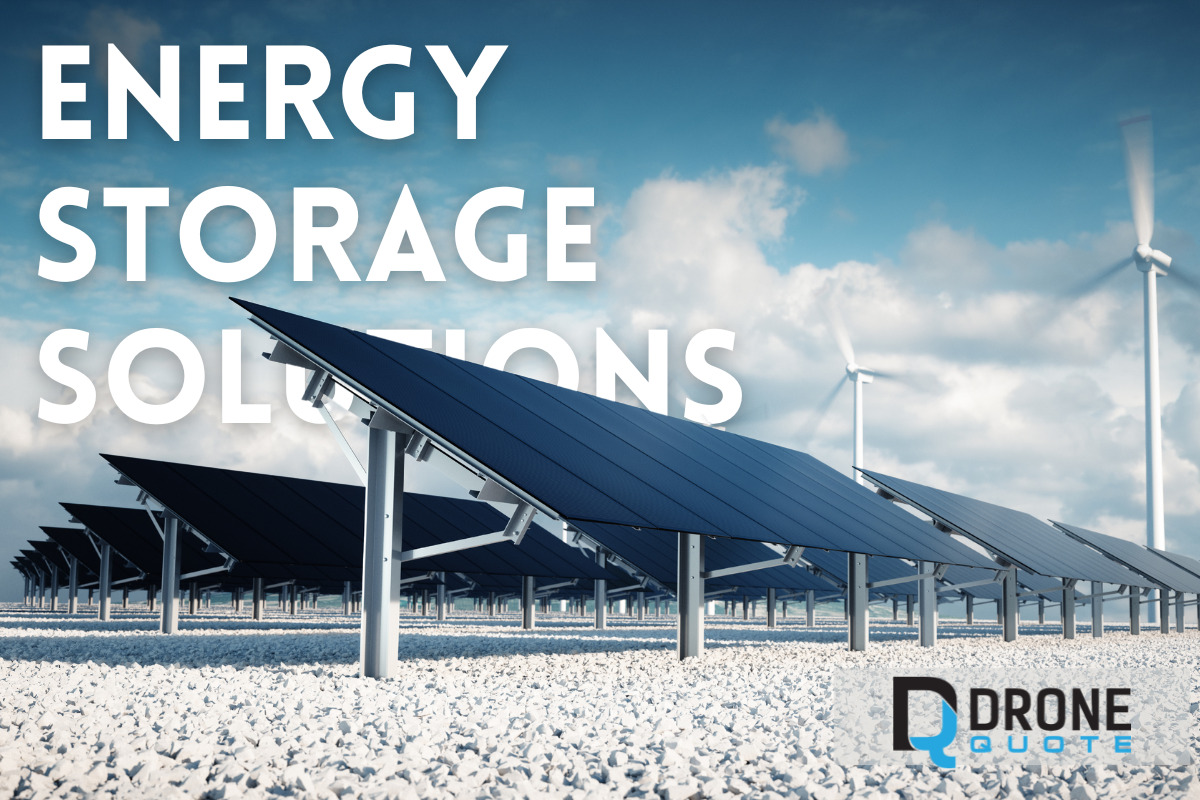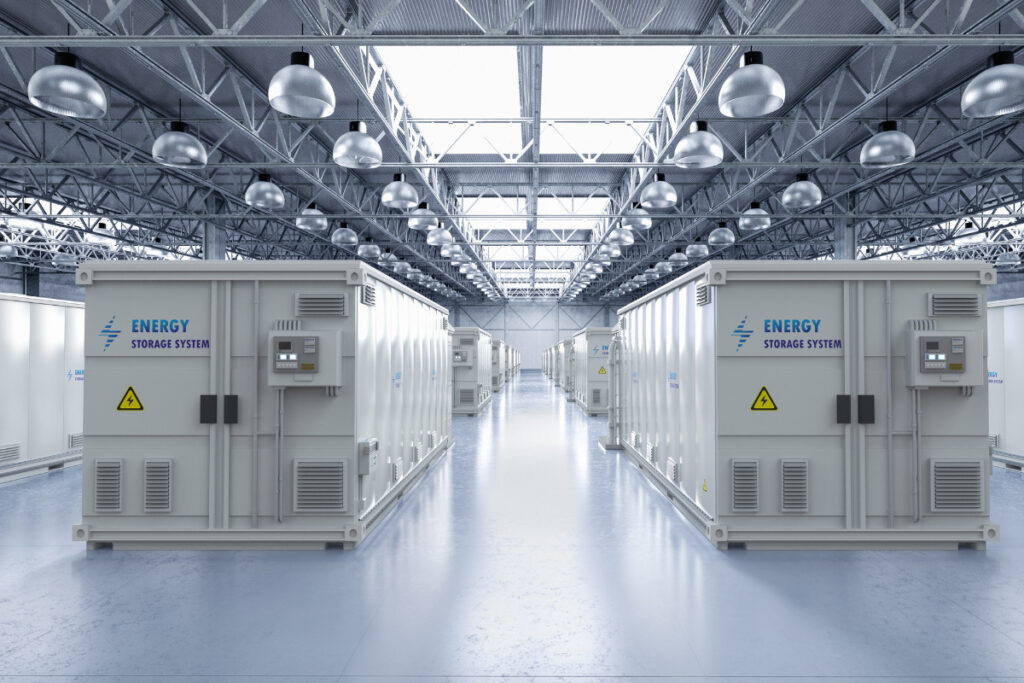Introduction
Are you searching for ways to optimize your home’s energy usage? Want to know how you can find ways to save your energy? Energy storage solutions are increasingly popular adjustments house owners make to become more energy efficient. This article serves as a comprehensive guide, shedding light on crucial considerations. Basically, frequency of power outages, utility charges, and appropriate battery sizing.
Read on to empower your decision-making process about home energy storage solutions.
Key Takeaways
| Consider the frequency of electricity outages in your area. Having a system can provide continuity and independence during blackouts. |
| Understand your utility's time-of-use rate structure. Moreover, it offsets high electricity costs during peak hours. |
| Evaluate net metering credits offered by your utility. They can help lower overall energy costs by offsetting future consumption with excess electricity made by renewable sources. |
| Take into account demand charges imposed by utility companies. Additionally, an energy storage system can help with these charges. This is by reducing reliance on grid-supplied power during peak usage periods. |
Factors to Consider for Energy Storage Solutions
Consider the frequency of electricity outages, time of use electricity rates, net metering credits, demand charges, and local codes when knowing if an energy storage solution is suitable for your home.
Frequency of electricity outages
Frequent electricity outages can significantly influence the decision to invest in a home energy storage solution. In areas where power interruptions are common, having an energy storage system offers you continuity and independence from grid instability.
With your own source of stored power, you can keep important devices running during blackouts. Thus, ensuring your home remains functional and comfortable. Consideration of the outage frequency along with factors like length and timing of these outages plays an integral role. Basically, in sizing your energy storage system correctly.
Moreover, understanding this aspect helps know whether investing in a high-capacity battery or multiple smaller batteries would be more useful. Furthermore, based on efficiency and cost-effectiveness.
Time of use electricity rate
One important factor to consider when knowing the suitability of an energy storage solution for your home is the time of use electricity rate. Many utility companies offer different rates depending on the time of day or season. Furthermore, peak hours have higher rates.
By understanding your utility’s time-of-use rate structure, you can know if an energy storage system would be useful. Especially in offsetting high electricity costs during these peak periods.
Energy storage systems allow you to store excess energy made by renewable sources. Examples such as solar panels, during off-peak hours when electricity rates are lower. Then, during peak hours when rates are higher, you can draw from the stored energy. This is instead of relying solely on grid power.
This not only helps reduce your electricity bill but also allows you to maximize savings by using cheaper off-peak energy.
By taking advantage of favorable time-of-use rates through an energy storage system, house owners can optimize their usage. Thus, potentially saving significant amounts on their monthly utility bills.
Net metering credits and solution
Net metering credits are an important consideration when knowing the suitability of an energy storage solution for your home. Moreover, these allow house owners to receive credits on their utility bills for any excess electricity. Basically, made by their renewable energy system and fed back into the grid.
These credits can then be used to offset future electricity consumption, effectively lowering your overall energy costs. By understanding how net metering works and the potential savings it can offer, you can better assess whether an energy storage system is a viable option for your home.
Demand charges
Demand charges are an important factor to consider when knowing the suitability of an energy storage solution for your home. These charges refer to fees imposed by utility companies based on the highest amount of electricity you consume within a specific time frame. Furthermore, they can be measured in short intervals like 15 or 30 minutes.
By installing an energy storage system, you can help these demand charges by drawing power from your batteries during peak usage periods, effectively reducing your reliance on grid-supplied electricity and lowering your overall energy costs.
This is particularly useful if you have high-demand appliances or tend to use a significant amount of electricity during certain times of the day. By understanding and managing demand charges, you can make more informed decisions about whether an energy storage solution is right for your home.
Local codes and requirements
Complying with local codes and requirements is an important aspect when knowing the suitability of an energy storage solution for your home. Different areas have specific regulations that dictate the installation, safety standards, and permitting processes for energy storage systems.
It’s crucial to make sure that your chosen system meets all guidelines to avoid any legal issues or complications down the line. By familiarizing yourself with these local codes and requirements, you can confidently choose an energy storage solution that aligns with your home’s needs while adhering to regulatory standards.
Watch our video on Energy Choices now to know more!
How to Properly Size an Energy Storage System
Properly sizing an energy storage system involves analyzing electricity loads and assessing renewable energy systems. Then, consider grid-connected or stand-alone options, and choose the right technology for your home.
Analyzing electricity loads
Analyzing electricity loads is a crucial step in knowing the suitability of an energy storage solution for your home. By understanding your electricity usage patterns, you can assess how much storage capacity you will need to meet your energy needs.
An installation professional can help with this process by examining the appliances and devices that will be using power in your home. They can estimate the required kilowatt-hours of storage and recommend an appropriate energy storage system.
So, before investing in a home energy storage system, make sure to analyze your electricity loads to make sure you choose the right solution for your household’s needs.
Assessing renewable energy systems
To know the suitability of an energy storage solution for your home, it is important to assess renewable energy systems. Renewable energy sources such as solar panels or wind turbines can provide a sustainable and reliable power supply for your home.
Analyzing the potential output of these systems and comparing them with your electricity needs will help you know if adding them to an energy storage solution is better.
Additionally, considering factors like available space for installation and local regulations regarding renewable energy systems will make sure that you make an informed decision about their compatibility with your home’s infrastructure.
Considering grid-connected or stand-alone energy storage systems
One important factor to consider when knowing the suitability of an energy storage solution for your home is whether you require a grid-connected or stand-alone system. A grid-connected system allows you to use power from the electric grid. Additionally, store any excess electricity made by your renewable energy system, such as solar panels.
This can be useful if you want a reliable backup during outages or if your utility offers net metering credits for feeding excess power back into the grid. On the other hand, a stand-alone system operates independently from the grid, making it ideal for remote areas with unreliable or no access to electricity.
It’s important to evaluate your specific needs and preferences before deciding which type of system would best meet your requirements.
Choosing the right renewable energy technology
When selecting the right renewable energy technology for your home energy storage system, it’s important to consider factors such as your budget, energy needs, and personal preferences.
One popular option is solar power, which harnesses energy from the sun using photovoltaic panels. Solar power can be a cost-effective choice in areas with abundant sunlight and can help reduce your reliance on the grid.
Another option is wind power, which utilizes turbines to convert wind into electricity. Wind power systems are ideal for homes located in windy areas and can make clean energy throughout the year.
Hydroelectric power is also a viable choice if you have access to a water source with sufficient flow nearby. These systems use turbines that are powered by flowing or falling water to produce electricity.
Geothermal systems tap into the Earth’s natural heat and can provide both heating and cooling solutions while generating renewable energy.
Cost Considerations for Energy Storage
When investing in an energy storage system for your home, it’s important to carefully consider the costs. From budgeting for installation expenses to comparing prices of different battery options and evaluating additional features and warranties, there are several factors to assess before making a decision.
Read on to discover how these cost considerations can impact your choice of an energy storage solution.
Budgeting for installation costs
Installing an energy storage system in your home involves some upfront costs that you need to consider when budgeting for the installation. The cost of installing a home energy storage system can vary depending on factors such as the size of the system, the type of batteries used, and any additional features or warranties.
It’s important to compare prices from different battery options to make sure you’re getting the best value for your money. Additionally, don’t forget to assess customer support from system vendors, as this can impact the overall cost-effectiveness and long-term maintenance of your energy storage solution.
By carefully considering these factors, you can make an informed decision about how much to allocate toward your home’s energy storage installation costs.
Comparing prices of different battery options
When it comes to choosing an energy storage solution for your home, battery prices will play a significant role in your decision. The following table provides a comparison of the different battery options available in the market:
| Battery Type | Approximate Cost | Pros | Cons |
|---|---|---|---|
| Lithium-Ion | $200 - $1000 per kWh | High efficiency, long lifespan, and compact size | Expensive upfront costs |
| Lead Acid | $150 - $600 per kWh | Lower upfront cost and proven technology | Shorter lifespan and requires regular maintenance |
| Saltwater | $300 - $700 per kWh | Safe and environmentally friendly | Relatively new technology with unproven long-term performance |
| Flow Batteries | $500 - $800 per kWh | Long lifespan and capacity unaffected by frequent cycling | Large physical size and higher upfront cost |
Remember, while cost is a significant factor, it’s important to consider other aspects such as lifespan, maintenance, and efficiency. Consult with energy storage experts to find the right battery option for your specific needs.
Evaluating additional features and warranties
As you consider installing an energy storage system for your home, it’s important to evaluate the additional features and warranties offered by different systems. These factors can greatly impact the overall performance and lifespan of your system.
Look for features such as remote monitoring capabilities, which allow you to track your energy usage online and make adjustments accordingly. Warranty terms are also crucial as they provide peace of mind in case any issues arise.
Assessing these additional features and warranties will help make sure that you choose a reliable and efficient energy storage solution for your home.
Assessing customer support from system vendors
When evaluating energy storage solutions for your home, it’s important to consider the level of customer support offered by system vendors. A reliable and responsive customer support team can make a significant difference in your overall experience with the energy storage system.
Whether you have questions about installation, troubleshooting issues, or need assistance with maintenance, having access to knowledgeable and helpful support can give you peace of mind.
Take into account factors such as reputation and reviews of the vendor when assessing their customer support. Look for vendors who offer comprehensive warranties and clear terms of service.
Conclusion
In conclusion, knowing if an energy storage solution is suitable for your home requires careful consideration of various factors. Assessing the frequency of electricity outages, analyzing the time of use of electricity rates, evaluating net metering credits and demand charges, as well as understanding local codes and requirements are all important steps in this process.
Additionally, properly sizing the energy storage system by analyzing electricity loads and assessing renewable energy systems is crucial. Cost considerations should also be taken into account when comparing installation costs, battery prices, additional features and warranties, and customer support from system vendors.

Ready to go Solar?
We’re here to help you take control of your home’s energy usage with cutting-edge solutions. Our comprehensive guide will unveil the secrets to determining the perfect Energy Storage Solution for you, considering factors like power requirements, utility charges, and the ideal battery size.
Why settle for status-quo energy bills and power outages? Join us on this illuminating journey, and let us empower you with the knowledge you need to optimize your home’s energy usage like never before. The path to a greener, more efficient home starts here. Sign up today and be on your way to a brighter, more sustainable future!
FAQs
1. What factors should I consider when knowing if an energy storage solution is suitable for my home?
When considering an energy storage solution for your home, you should take into account factors such as your energy needs, available space, budget, and renewable energy sources in your area.
2. How can I calculate my energy needs to know the appropriate size of an energy storage system?
To calculate your energy needs, start by assessing your average daily electricity consumption. You can do this by reviewing past utility bills or using online calculators provided by reputable solar companies. Understanding your typical usage patterns will help know the optimal capacity for an energy storage system.
3. Are there any specific requirements or upgrades needed in my home before installing an energy storage solution?
The requirements and potential upgrades needed depend on various factors such as the type of system being installed (e.g., lithium-ion batteries), existing electrical infrastructure, and local building codes. It’s recommended to consult with a professional installer who can assess your home’s compatibility and provide guidance on any necessary modifications.
4. Can I install an energy storage solution myself or should I hire a professional?
While some house owners may have sufficient knowledge and experience to install smaller-scale systems themselves, it is generally recommended to hire a professional installer. They have expertise in designing and safely connecting these complex systems while ensuring compliance with local regulations. This minimizes the risk of errors during installation that could compromise safety or performance.


